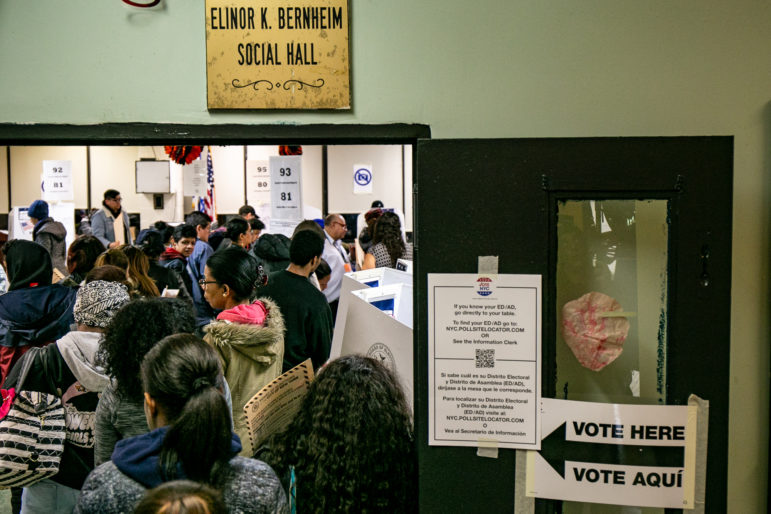
Adi Talwar
Voting in the 2018 general election at the Mosholu Montefiore Community Center Polling station located on East Gun Hill Road in the Bronx.
We live through a historical moment in our country. Like so many Americans I have been moved to think about politics, democracy, our norms and other such things that in the past were mostly on the back of my mind. One of the disappointments I have is voter participation in national, state and local elections. After all, our government depends upon the consent of the governed. And if said consent runs up to, oh, the whole of 30 percent, as the case may be, we are not paying enough attention to who is governing us, who is making life impacting decisions.
Exactly how bad things are in the New York city? The advocacy group Common Cause New Yorkfound that since 2009, two-thirds of city primaries with more than two candidates ended with a winner who received less than 50 percent of the vote. The winner of the special election for public advocate in February won with 33 percent of the vote, and the candidate who won the special election to fill his seat on the city council failed to capture a majority, too.
New York City can do better. On June 12th, the Charter Revision Commission will hold a vote on whether or not to put Ranked Choice Voting (RCV) on our November ballot. Ranked Choice Voting (sometimes referred to in New York City as instant runoff voting, or IRV) is already in use in the state of Maine and a dozen other cities. It is a simple but powerful change to our election system that will ensure those elected to office have the support of a majority of their electorate—and are responsible to a broad base, not just the loudest few.
RCV allows us to rank the candidates in order of preference. If no candidate wins a majority of the vote on the first tally, then the candidate with the least number of votes is eliminated. Voters who selected that candidate as their first choice have their vote instantly go to their second choice, and the process continues until one candidate wins with a majority. Majority is what makes our “representative” government, well, representative.
The integrity of our democracy is questioned when only a fraction of our population demonstrates support of those elected. And most importantly, broader public support can help officials govern effectively, and hold them accountable to the people who put them in office in the first place.
This in itself is a great advancement but there are more benefits to RCV than creating broader coalitions. It also eliminates the need for costly runoff elections. The 2013 Democratic primary runoff for public advocate cost more than $11 million total, as cited in thecharter revision commission’s preliminary staff report. With no runoff elections, taxpayers save millions, campaign seasons are shorter, and best of all, voters only have to make a trip to the polls once.
Voting is a duty, an honor, and one of the most important rights we have as citizens. I don’t think I missed a single vote in my life. But I am lucky, my work allowed me to take time. My polling place is always nearby. Not everybody is that lucky. For many people it can be difficult to find childcare, miss work, and get transportation to and from the polls, making voting a headache for some—and downright impossible for others. Studies have shown that with fewer trips to the polls, more people to turn out to vote. Cities that use RCV, like San Francisco and Minneapolis, are seeing historically high voter turnout.
Get the best of City Limits news in your inbox.
Select any of our free weekly newsletters and stay informed on the latest policy-focused, independent news.
Perhaps one of the most important benefits of RCV within the context of our current political climate is its ability to emphasize unity over division. Political campaigns in America today are more of a popularity circus than they are evaluative policy and political discussions. This is unhelpful, distracting, dangerous, and downright exhausting.
Under our traditional voting method, candidates need only eke out a few more votes than their competitors. They don’t have to care about all voters, find common ground, or more moderate and pragmatic solutions to difficult issues—and so they frequently divide and conquer the electorate through nasty mudslinging and vitriol. After all, there’s no harm in demonizing your competition when you know don’t have to care about the voters who support them.
Campaigns should be focused on the issues at hand, the problems that everyday people have and how the candidates will work to fix them. But with our current voting system, candidates are rewarded for mudslinging and personal attacks. They focus on personality over policy because civility gets them nowhere.
But under RCV, all voters matter. Even those who would vote for your competition before they vote for you. That’s because if that candidate gets eliminated, you depend on getting those voters’ second and third choice votes. Candidates, therefore, run more positive, inclusive campaigns that are more focused on policy discussions that voters actually care about.
New York City has already implemented a number of reforms to modernize our democratic processes. From early voting and electronic poll books to consolidated state and federal primaries, recently passed online voter registration, and the great strides we’ve made to soon pass Automatic Voter Registration (AVR) and vote at home legislation, New York state is at the forefront of the democracy reform movement. Ranked Choice Voting will not solve all problems but it is the next step in this movement, and our city is ready to embrace it.
The benefits are multiple, the changes are simple, and the impacts are powerful. The NYC Charter Revision Commission should put RCV on our November ballot so that voters have more choice, more voice, and so that our representatives have the support of more than a fraction of the population. If you would like to show your support for RCV, join me at the public hearing on June 12th from 6-8pm in City Hall Chambers.
Anya Malkiel is a jazz vocalist who emigrated from the Soviet Union in 1990.



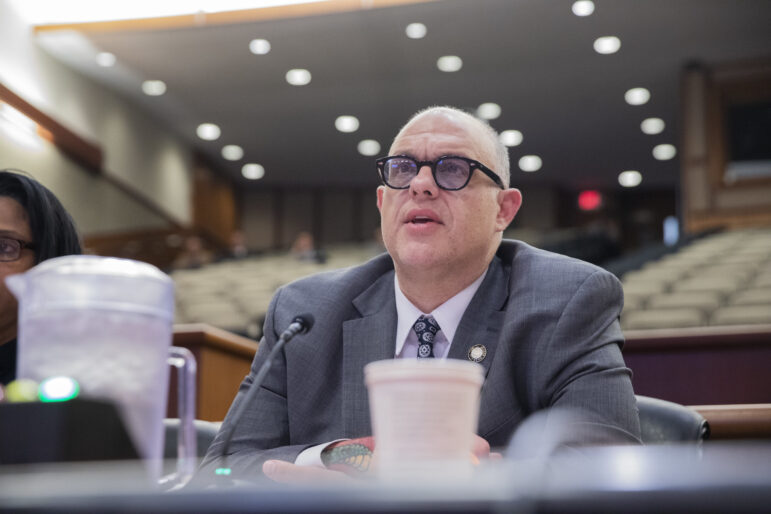
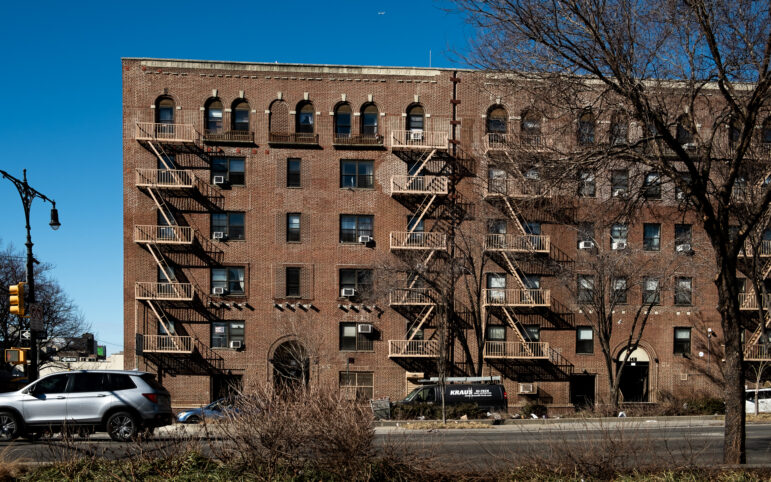
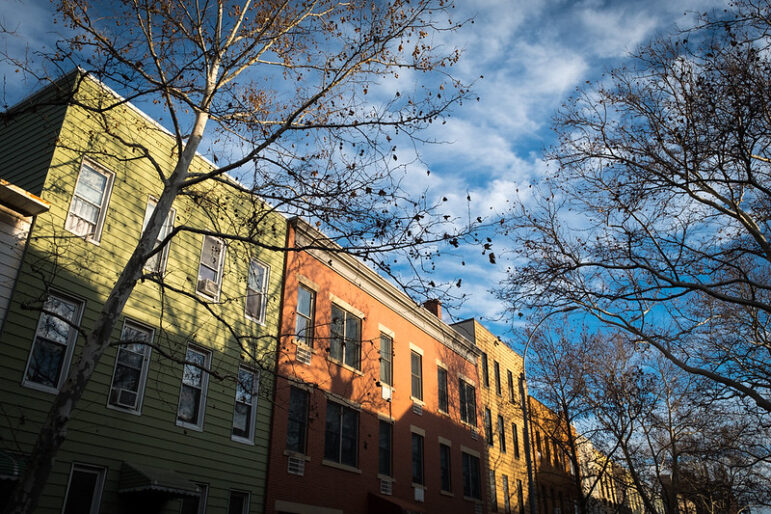
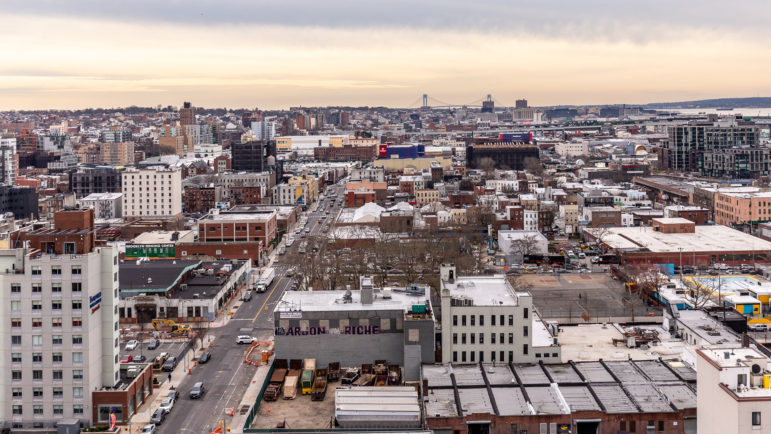


One thought on “Opinion: NYC Can Choose a Better Democracy With Ranked-Choice Voting”
There are many different ranked-choice voting systems, some bad, some good. The one being proposed here is instant-runoff voting, which is one of the most undemocratic systems around. It’s a really bad choice for NYC and I really hope it’s not too late to reverse course and choose a better voting method. 🙁